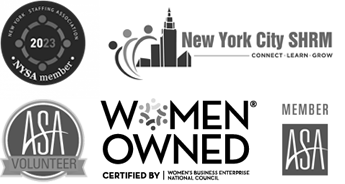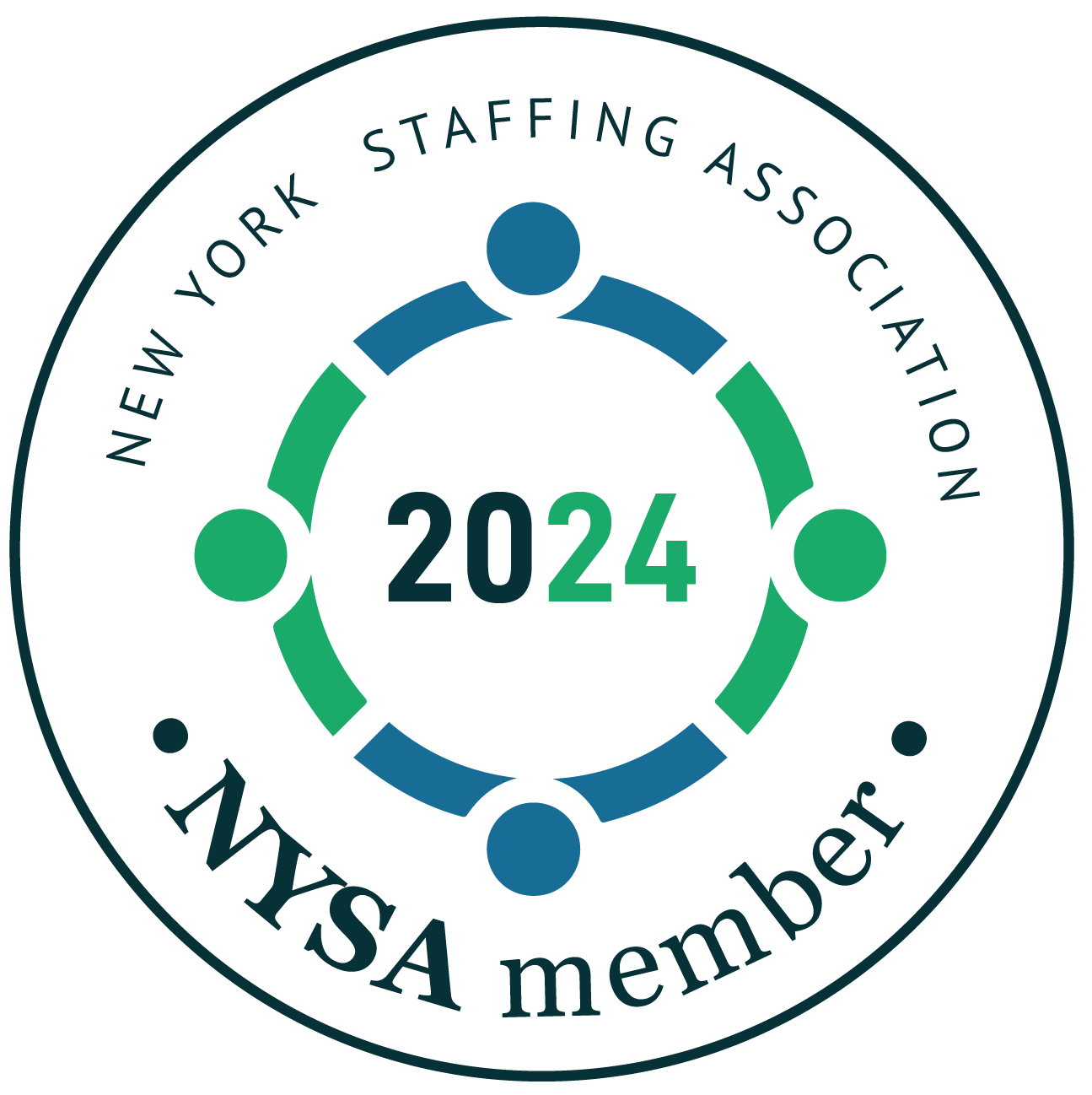Reference checks are not always viewed as essential, but there are various reasons why they should be. Checking references can highlight areas of the prospective employee that employers may not have seen otherwise before hiring him/her. By shedding light on the candidate’s strengths and weaknesses, this could either encourage or dissuade an employer from hiring him/her. As a result, your company will avoid making a bad hire, and will be able to increase their productivity instead.
Listed below are a few ways to streamline this process.
Lack of consistency
It is most beneficial for companies to require the completion of reference checks for every new hire, no matter the position. Implementing this practice is the best way to ensure that the top candidate is hired in every position of your team, leading to maximized productivity.
It is important to have benchmarks for each position, and a layout of questions for each reference check. Keeping consistency throughout all of the reference checks makes the process straightforward and impartial.
Not requiring references who have worked directly with the candidate
While any reference could be useful, it is best to require that candidates provide professional references only. If possible, these references should have worked with the candidate recently or at least within the last few years. This way, the information given about the candidate is up to date and most accurately represents the candidate’s strengths and weaknesses.
Some hiring experts recommend asking one direct supervisor, one co-worker and one subordinate. By using this method, you are able to get an idea of how the candidate works on every level. Traditionally, most potential employees will give you their superiors’ contact information, but it is just as important to hear how the candidate works as a co-worker or as a manager, if applicable. In order to decide the best hire for your firm, it is favorable to gather information from multiple perspectives.
Asking leading questions
Small details, such as the way questions are phrased, could have an impact on your reference checks. If your firm asks a reference only leading questions, you hinder the opportunity for the reference to offer more information. For example, you could ask, “Did Tom exhibit good time management?” However, you could also present this question as, “Could you describe Tom’s time-management abilities?”
Presenting the question in an open-ended format will prompt the reference to offer specific examples of past events and give context to the qualities discussed. This detailed information will give the hiring manager a better idea of exactly how the candidate could contribute to the company. It could even help with ideas on how best to manage the new employee more effectively.
Failing to follow up
If you ask a reference an open-ended question, but you feel they are still not contributing enough useful information, don’t be afraid to inquire for more. For example, if a reference says, “He put us on top in social media,” ask more specific questions about what he did well and how he accomplished those goals. This gives the reference a chance to show you exactly why this candidate stands out from the rest of the top talent network.
Contact Us for Staffing Today
Gainor Staffing can help you through the time-consuming job process. We can do preliminary screens and check references, and have access to a network of qualified people.






